Why K-dramas Have 2 Titles: 4 Reasons Behind The English Titles
- byTolulope Ayileka
- 1 year ago
- 0 Comments
- 4mins
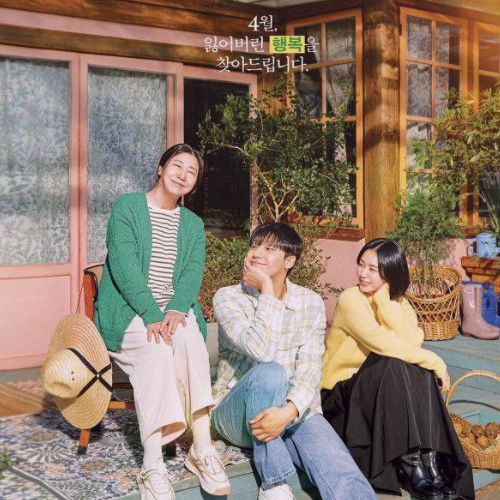
Annyeong Chigudeul,
Have you ever noticed that some of your favourite K-dramas have a completely different English title? I mean at first if you are new to watching K-dramas and cannot read Korean alphabet characters, you might miss this. However, if you are a dedicated K-drama fan, you will notice this major shock.
I am sure you’re probably pondering why the movie producers and streaming sites do a 360 and completely transform the Korean title into a different English title. Well, you are not alone in this. Although some of the titles are romanized from English to Korean to have the same meaning, the mystery of the name changing should still be addressed.
Here are some possible reasons some of these K-dramas don’t retain their original titles for the international audience.
Cultural Nuances: Korean titles, like other languages, are deeply rooted in the culture and language of the country. Due to this, translating the movie title directly may be unable to carry the same charisma and emotional response that it means to spark interest amongst non-Korean speakers. For example, the direct Korean translation for Our Beloved Summer is “That Year We”, Nevertheless directly translates to “I Know But” and Love Next Door is actually “My Mother’s Friend’s Son”

Marketing Strategy:
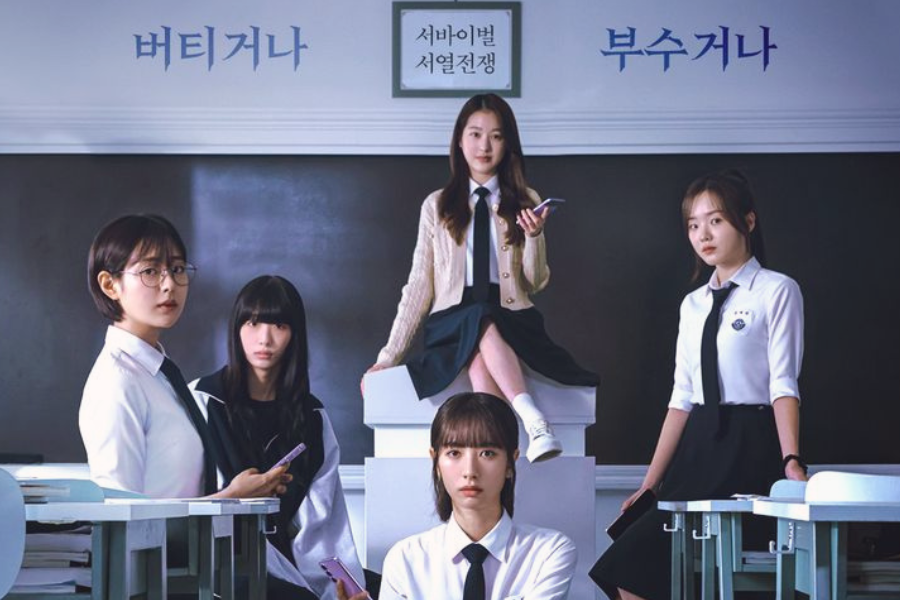
Due to the Hallyu wave that has placed Korean entertainment for international fans, it is noticeable that some movie and even music titles are intentionally crafted in an effort to appeal more to foreign audiences. Due to the prominence of English being spoken by many countries in all continents of the world, it’s no surprise that this is necessary.
Therefore, these new titles are created to be catchy, trendy, and in English.
Movies/series like Pyramid Game, Sweet Home and Branding in Seongsu are all romanized English words
Simplification:

Korean language has deep philosophy and is often quite poetic. Due to this, some of its movie/drama titles can be long and not easily understandable. So, oftentimes, these phrases are simplified to make them easy to say and identify. For example, it’s way easier to say “Doom At Your Service” than it is to say “One Day Destruction Entered the Front Door Of My House”. That is a mouthful, isn’t it? Imagine watching the series and your friend asks you the name of the drama. I was shocked when I discovered that Lovely Runner is actually “Carry Sunjae Piggyback Style and Run”
Genre Clarification:

Sometimes, the genre of the movie/series is not effectively reflected in the local title but an English title is often used to give a clearer depiction of the show’s genre or tone. This reflects if it’s a comedy, romance, melodrama, medical, or science fiction to the audience. The popular series “Hospital Playlist” is actually “Wise Doctor Life”, Police Academy directly translates to “Police Class” and Duty After School is “After School War Activities”
While some people will always complain about the duality of K-drama/movie names, it is a commendable act that the Korean entertainment sector is doing its very best to accommodate the international community and build an even bigger and more inclusive society.
However, next time you are about to watch a drama or movie, you can check out the original Korean title and you may be surprised to find something interesting.
Which Kdrama title translations have you found the most surprising or hilarious. Let's know in the comments.
Tags:
Tolulope Ayileka
Tioluwa is a lover of all things good story telling and adventure, so it's no surprise she's officially hooked to all things Korean. She believes learning and having fun is synonymous and prides herself a K-drama guru. From Korean lifestyle to history, she's all over it like sauce on kimchi.
Harsh Truths from the Judge from Hell
0 Comment(s)
Related Posts
Daily Newsletter
Get all the top stories from Blogs to keep track.
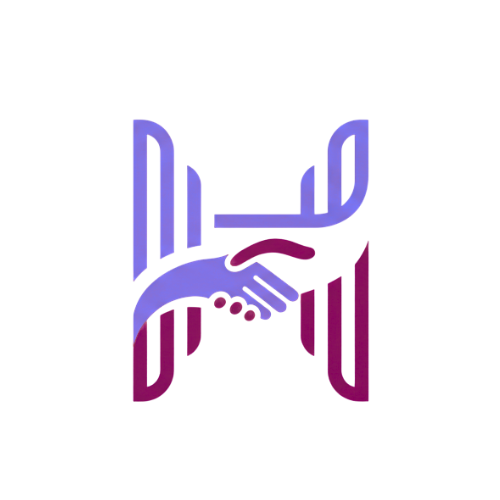
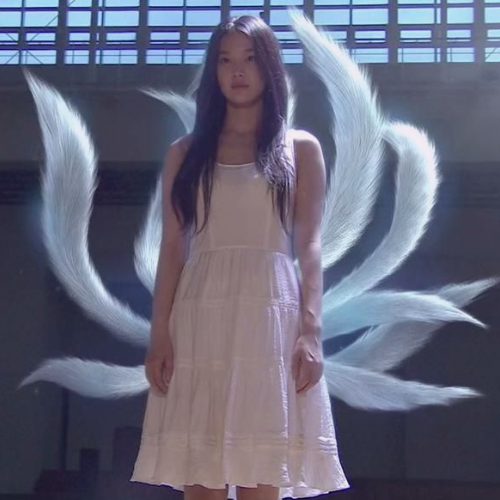
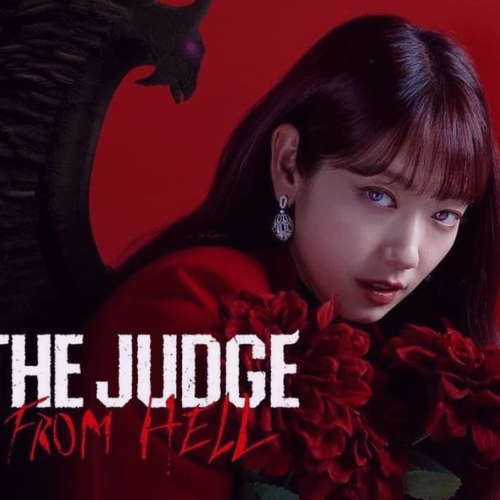


Leave a comment